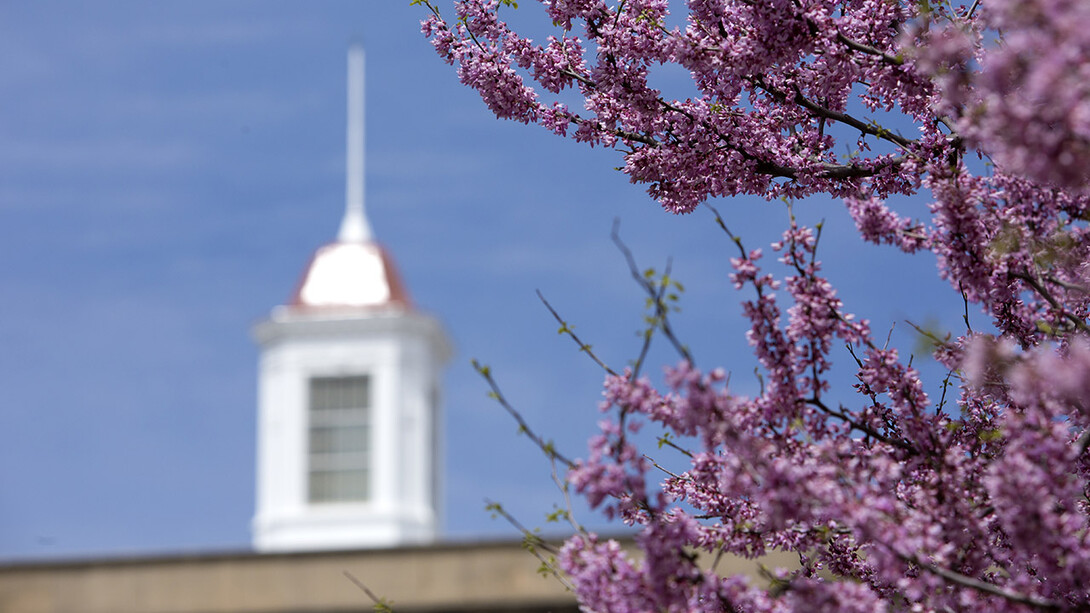
The work of EcoHuskers, a peer-to-peer green teams program piloted by the University of Nebraska–Lincoln’s Office of Sustainability, was celebrated during a May 10 luncheon.
The program, supported through the PepsiCo Recycling Zero Impact fund, created sustainability programming in 10 buildings across campus during the 2019-19 academic year. Awards for the program were presented by William Nunez, vice chancellor for business and finance, and Jim Jackson, assistant vice chancellor for facilities maintenance and operations. The honors included:
EcoHusker of the Year: Brianne Wolf
Wolf had a large impact on the EcoHuskers program from the beginning. She was willing to meet with the Office of Sustainability and provided valuable feedback on how the program should be structured so that people would get involved, and gave advice throughout on how to improve the program. Wolf was intentional about involving students and fostering energy and passion for the environment and sustainability. Wolf was also a large driving force in the composting program that the Office of Sustainability launched in early 2019. The university now has six buildings — with the potential of adding three more soon — that compost in their breakrooms, diverting organic waste from the landfill.
Green Team of the Year: University Libraries
University Libraries was the EcoHusker team that showed the greatest growth throughout the year. The team started the year with two members and is ending with seven. The team showed thorough internal engagement, giving sustainability updates at all staff meetings, reminding everyone to bring their own mugs to events and meetings to reduce waste, taking turns collecting and taking glass to city collection centers and more. The team also showed a wide range of project sizes, from handing out bottles and bags at a meeting to applying for a $200,000 grant to provide solar power for the library system.
Most Innovative Project: Hardin Hall
Hardin Hall stocked its campus store with reusable bamboo cutlery and created an incentive system for faculty and staff to purchase and use the cutlery during lunch meetings and events. When faculty and staff remembered to bring their reusable cutlery, they were able to go to the front of the line to get food.
Impact Award: Campus Recreation
Campus Recreation reached a number of people through events and engagement such as creating an E-waste recycling event, hosting walk-at-lunch day, promoting its wellness program and utilizing its sustainability committee. Campus Recreation was also a big part of the composting project, using the new bins to divert food waste in their demonstration kitchen as well as coffee grounds from Scooters.







